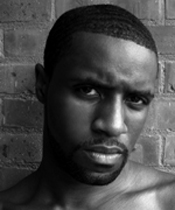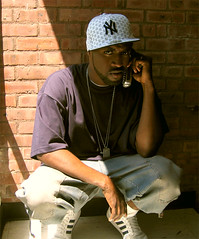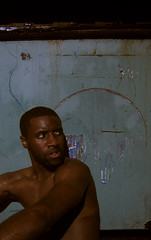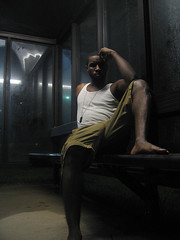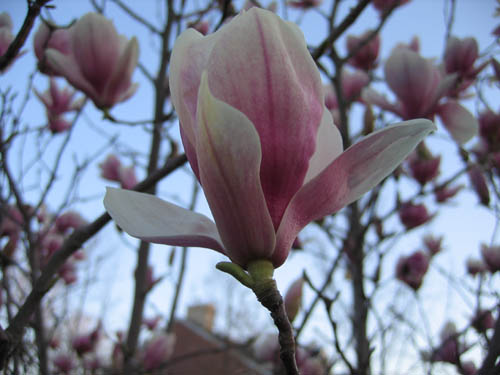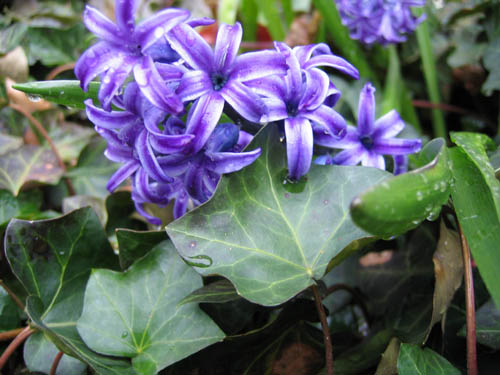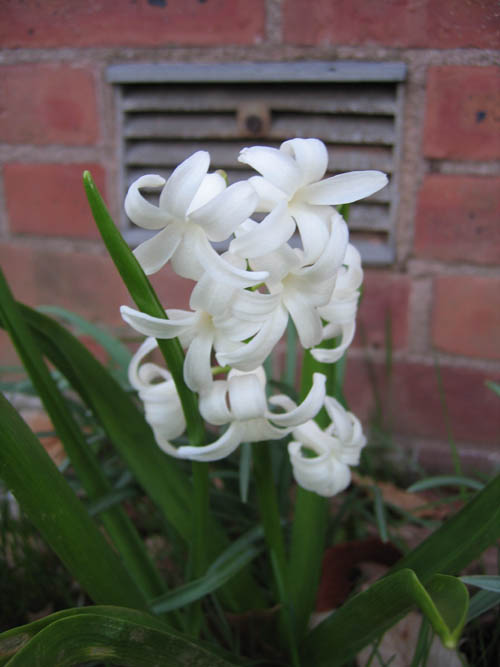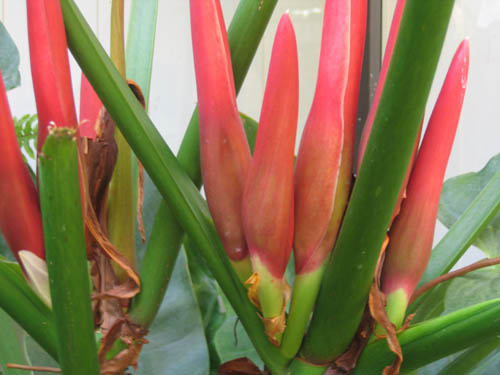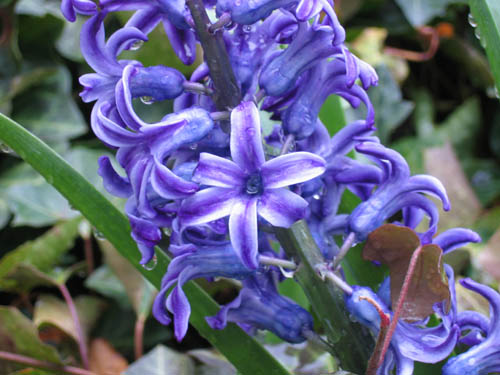On God. (a revision)

"We want to worship a living God. I have not seen anything but God all my life, nor have you. To see this chair you first see God, and then the chair in and through Him. He is everywhere, saying, "I am." The moment you feel "I am," you are conscious of Existence. Where shall we go to find God if we cannot see Him in our own hearts and in every living being?
-Vivekananda
"We want to commune with the Divine. I have not seen anything but the Divine all my life, nor have you. To see this flower you first see the Divine, and then the object in and through the Divine. The Divine is everwhere, saying, "I am." The moment you feel "I am," you are conscious of Existence. Where shall we go to find the Divine if we cannot see it in our own hearts and in every living being?"
-Larry D. Lyons II
On my revision.
1. Worship vs. Communion. I can not say that my impulse is to worship. Beings that desire worship seem, to me, to seek a validation, a reverence that distances the worshipper from the worshipped. And distance is the last thing I want in my spiritual life. I want oneness. I want communion. I want to commune with the Divine.
2. The Divine vs. God. "The Divine" is more than a substitute for God. It's a different paradigm altogether. God, as used in the original quote, is a gendered being. For me, gender is only a useful notion when attempting to classify embodied beings (and even then, it has its limitations). Furthermore, I don't imagine "God" to be a "being" at all. "God" is a spirit, not unlike the spirit of goodwill or the spirit of volunteerism. In the same way that we would not discuss goodwill or volunteerism as "beings", I do not imagine God to be a being.
Finally, I love that the quote acknowledges the ubiquity or omnipresence of the Divine, because I truly believe in the divinity of all things. But I think that using a gendered pronoun attributed a gender to God, and this undermines the otherwise admirable spiritual paradigm the quote models.
3. The chair vs. the flower. This is the least consequential revision; I chose the flower merely because I used the picture of a flower. But I draw attention to it to make a larger point. In conversations like these, I've noticed that people rely on a fairly trite/traditional vocabulary of the beautiful. Flowers, babies, butterflies, serene lakes, [insert the title of any Mariah Carey album here]. Perhaps I should have chosen a different image as to avoid replicating that move... ah, well.. shoot me. What I'd like to say is this: there is nothing more inherently beautiful than anything else. In the place of the flower, I could hase just as easily used any one of the following images:
a bullet wound
two fallen towers
a toenail
a broken condom.
None of these do a better job than any other at realizing/embodying the beauty of the Divine. The more I expand my vocabulary of the beautiful, the more abundant/rich my appreciation of the world and all of its elements.
Where shall I go to find the Divine if I cannot see it in my own heart and in every being?
